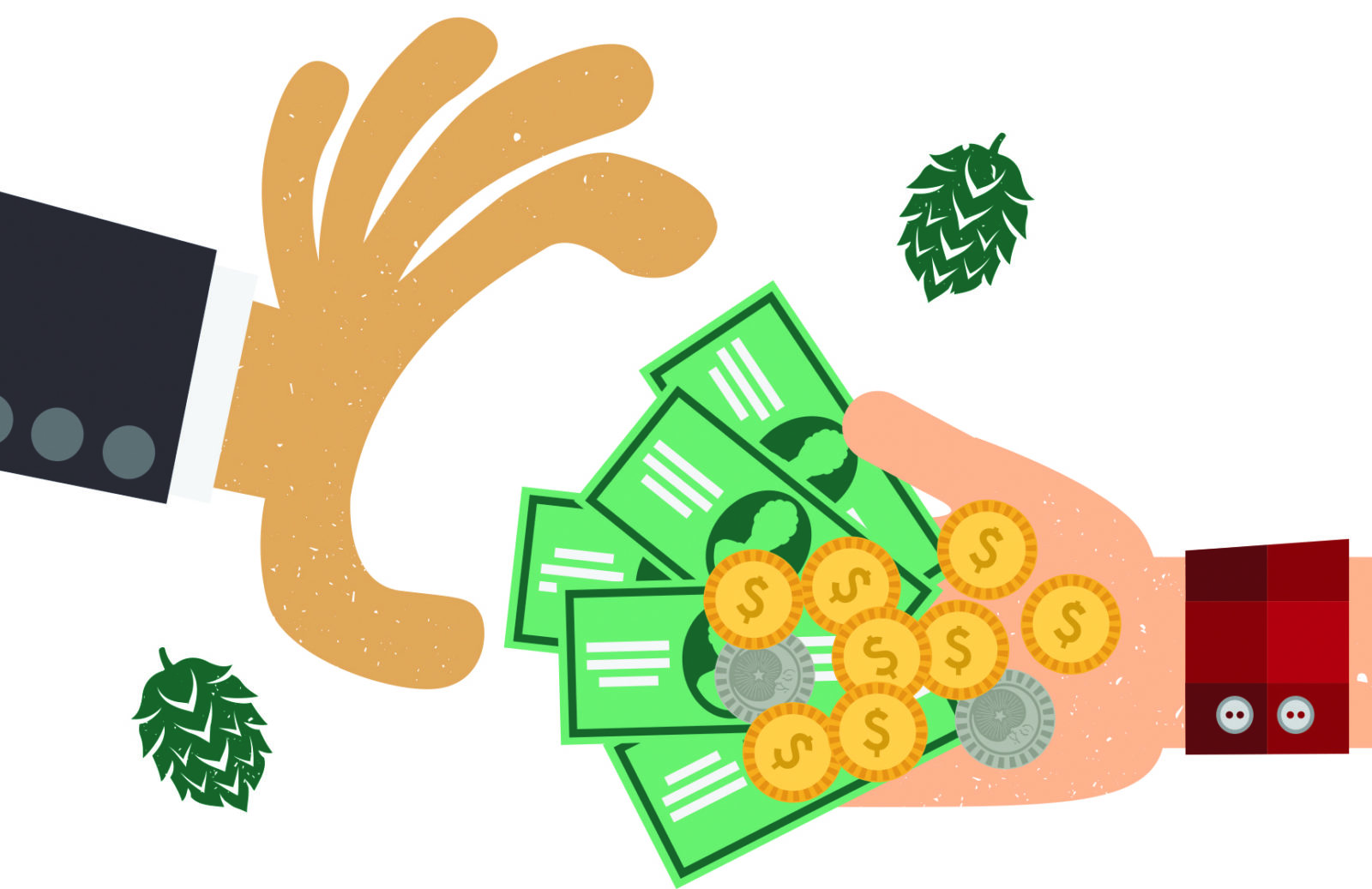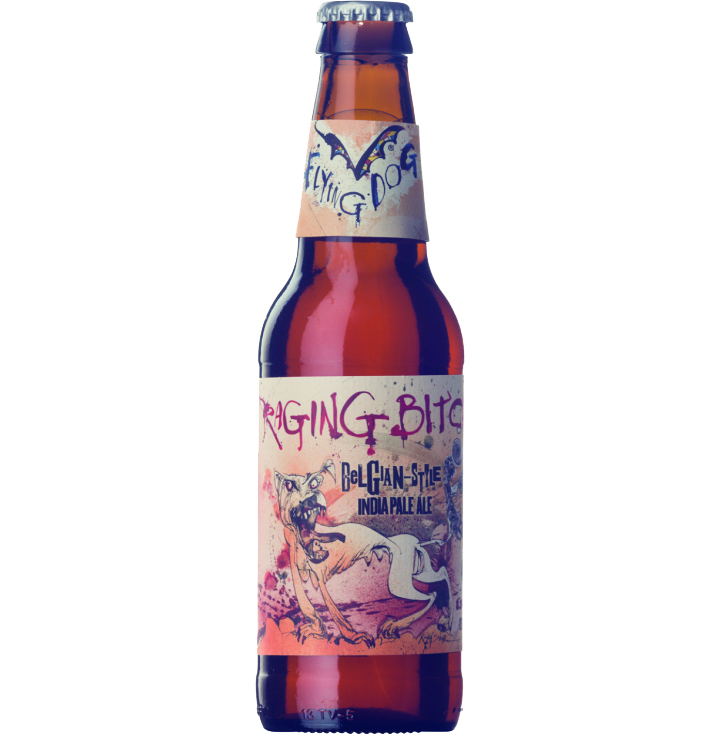
Let’s say you’ve just set up Super Soda Co. It’s the culmination of your dream to sell premium pop made with high-end ingredients. You’ve put your business plan together. After much searching, you found the perfect production space.
The equipment is set up, ingredients are ordered, and soon you have a product ready to sell.
You’re already well in the red due to the costs of setting up. But relief is ahead because social media is buzzing with your imminent arrival, and soon you’ll be cashing your first cheques.
Now let ’s say that, to legally sell your soda, you had no option but to enter a contract with the government. The government then demands you send them ever y cent of your sales income, with tax on top. Then the government takes weeks to process that income, before finally sending it back minus the tax. Let ’s say you had to do this every week.
This is exactly how breweries in British Columbia have to operate in accordance with the B.C. government ’s Liquor Distribution Branch.
Let’s be clear: liquor isn’t soda. It’s a good idea for any intoxicant to be taxed and regulated. But B.C. breweries say that, from opening day, they’re handicapped by the LDB’s taxation system – and, in light of the B.C. government’s liquor law reforms of the past couple of years, the bureaucracy of the LDB is looking outdated.
Although there is a commitment to reform the LDB in the 2013 Liquor Policy Review (recommendation No. 58), it ’s unclear how or when change will filter down to help B.C.’s breweries, which include some of the province’s smallest – and, arguably, most vulnerable – liquor manufacturers.
Due to the drawn-out markup payment process – which has a minimum turnaround of 15 days – the LDB sits on tens of thousands of dollars of a brewery’s income at any one time. Multiply that by 100, roughly the number of small breweries currently operating in B.C., and the figure is in the millions.
For Dageraad Brewing in Burnaby, two weeks of income tallies to around $25,000-$30,000, says owner and head brewer Ben Coli. “I could afford another fermenter or two if I could get that money from them,” he adds.
The figure is considerably more for New Westminster’s Steel & Oak Brewing Co., which is bigger in size. “For us to operate from a cash perspective, I normally need $65,000-$75,000 in my bank account at any one time. And the fluctuation of that gives me a heart attack,” says Steel & Oak co-owner Jorden Foss.
“It ’s so stressful. So stressful.”
Exactly why the LDB operates this way is a mystery.
“Federal excise make us get a bond for more than the taxes we pay, so if something happens they can still take it from the bond,” surmises James Walton, who’s had time to adapt to – less understand – the LDB’s practices during the 22 years that he’s operated Storm Brewing in Vancouver.
“The LDB doesn’t have a bond so they’re probably just trying to make sure the money’s there before they give it to us just in case something goes wrong. Because if they don’t get paid they get really cranky and send out police cars to arrest you,” he says with a laugh.
There’s also a sense that some of the LDB’s pricing policies haven’t kept up with the times. This is particularly apparent in the relatively new phenomenon of breweries with tasting rooms and lounges that dispense beer from their own kegs.
The LDB asks that breweries charge themselves for that keg; and, furthermore, add a $30 standard deposit for each keg it goes through. The deposit seems sensible when it’s applied to a brewery’s customers such as bars or restaurants, but less so when the “customer” is the brewery itself.
The brewery is eventually reimbursed for the deposit, but it amounts to another chunk of change that could easily remain in house, Coli says.
“I don’t know why they have anything to do with my keg deposits,” he adds. “It ’s safe to say that the LDB is sitting on $2,000 worth of [my] keg deposits at any given time, sometimes a bit more.”
Then there’s the paperwork. Keeping track of LDB invoicing is enormously time-consuming, breweries find. Registering, de-registering and even amending details of their products in the LDB’s system is cumbersome and takes weeks to see results.
What adds to the general frustration breweries feel is the lack of communication from the LDB about its procedures, which leads breweries to consult each other as much as the branch.
But change is happening, slowly.
The move to wholesale pricing last April was a step forward, and meant that breweries no longer had to register a separate SKU for every single growler size of every single beer they served.
Additionally, the BC Craft Brewers Guild has been in recent, “super-productive” talks with the LDB, says guild executive director Ken Beattie.
The B.C. government’s decision last July to combine the liquor portfolio with that of small business and red-tape reduction – giving all three ministerial briefs to Coralee Oakes – was another positive sign, Beattie believes.
In fact, the LDB has already changed structurally in a bid to streamline its processes. Last year it split into separate wholesale and retail wings. Part of the new wholesale division’s plan is to “strengthen its relationships with local craft brewers and provide streamlined service to them,” says LDB spokeswoman April Kemick, who adds that all things beer-related will soon be handled by one specific group of staff.
“This will ensure that all communications, interpretations, advice and support for breweries is consistent,” Kemick says.
Of course, one simple way of appeasing breweries would be to allow them to send a markup payment every week instead of their entire sales income.
“The LDB charges the same number of cents per litre for all of my products now,” Coli says. “Can’t I just tell them the litreage every week and send them the 55-cent-per-litre markup? That’s how any other tax would function.
“As a business owner, especially as a brewery, I levy so much tax for various levels of government – PST, GST, payroll taxes, excise, corporate income tax – and I’m trusted to do all that stuff. But I can’t be trusted to give the LDB’s markup to them.”
Asked about the LDB’s method of markup collection, Kemick replied: “Although there is a waiting period before the LDB returns a B.C. brewery’s supplier cost after the full proceeds of sale are submitted, after the initial waiting period, payments would flow on a regular basis.
“If the brewery completes their reporting and remittance on time, the turnaround for payment is 15 days. Considering the nature and high volume of these transactions, this is not an extensive amount of time to complete payment.”
Breweries may yet see a practical fix to LDB invoicing. But a wider overhaul of liquor regulation in B.C. is unlikely, says political strategist and columnist Bill Tieleman.
“The thing everybody has to realize about the B.C. government and the Liquor Distribution Branch is that their primary overriding function is to make loads of money for the government to offset any possible need to increase taxes or find other sources,” says Tieleman, who adds that the LDB makes an annual pure profit of almost $1 billion.
“The needs of craft breweries, small wineries, of customers, of importers, of foreign wineries and breweries, everything is secondary by a mile to making loads and loads of money […] The only recourse that smaller players in the liquor business have is to attempt to influence public opinion.”
It’s a small crumb of comfort for small breweries who feel B.C.’s regulatory system is unnecessarily obstructive.
“I believe in taxes. I’m a socialist, I believe in social welfare, I’m happy to pay for it,” Coli says. “I don’t mind being regulated, I just don’t want to be slowed down.”





